Europe is my favorite place to travel. I adore it.
But I'm constantly cringing at things I see other tourists do while away.
I hope you will read and remember this article from Smarter Travel for two reasons. One is that you can unwittingly be offending the locals, and the second reason is that when you make yourself look like an unsuspecting tourist you draw pickpockets and thieves to both yourself and everyone around you. And maybe I will be standing somewhere near you...
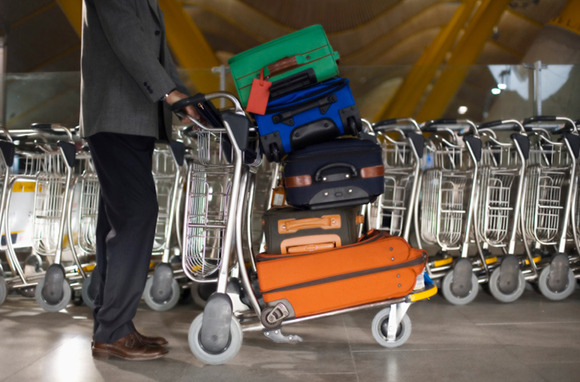
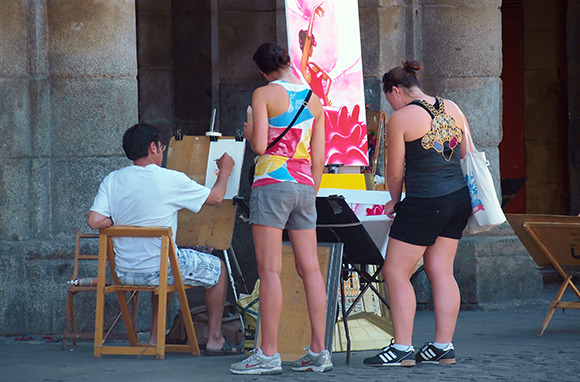

But I'm constantly cringing at things I see other tourists do while away.
I hope you will read and remember this article from Smarter Travel for two reasons. One is that you can unwittingly be offending the locals, and the second reason is that when you make yourself look like an unsuspecting tourist you draw pickpockets and thieves to both yourself and everyone around you. And maybe I will be standing somewhere near you...
6 Ways to Humiliate Yourself in Europe
by Caroline Costello
The consequences of looking like a tourist in a foreign place can range from serious (becoming a target for theft and scams) to humorous (awkwardness, frustration, public embarrassment). Here are a few of the most blatant ways that your lack of familiarity with local culture in Europe can bring you public shame and humiliation, plus advice on keeping it cool while abroad.

Pack Too Much
Less is more in Europe, where you'll definitely have some difficulty maneuvering a 33-inch spinner onto public transit and through busy city streets. Mortification and frustration are common side effects that occur when you cart an extra-large suitcase onto the Paris metro or lug an enormous wheeled bag up narrow flights of stairs in a Dutch canal house. Don't be that guy.
Solution: Let us help. Use our packing list to create a tally of exactly what you'll need—and nothing extra.
Additionally, and I can't stress this enough, do laundry on longer trips. Try it. You'll like it. Pack a travel-sized detergent pack and a rubber clothesline or a product like the Scrubba Wash Bag.

Dress Like You’re Attending a Ball Game
"Don't wear sneakers in Europe" is an age-old travel-advice nugget spoken by experts everywhere. But now that the normcore fashion movement has arrived, the anti-athletic-shoe mantra is out like chunky highlights. White sneakers graced the Chanel runway last year, establishing casual kicks as chic street wear in even the most fashionable arrondissements. Simple tennis shoes are cool for now. Don't go overboard, though. House slippers and Crocs continue to guarantee you'll be presented with the tourist menu at every restaurant. Furthermore, generally speaking, baseball hats, fanny packs, American-sports-team logo apparel, and poorly fitted jeans tell locals, "I am not from here. You can take advantage of me."
Solution: Normcore or not, Europeans continue to dress a little more formally than Americans. Pair your Supergas with something slightly business casual. Do what you can.
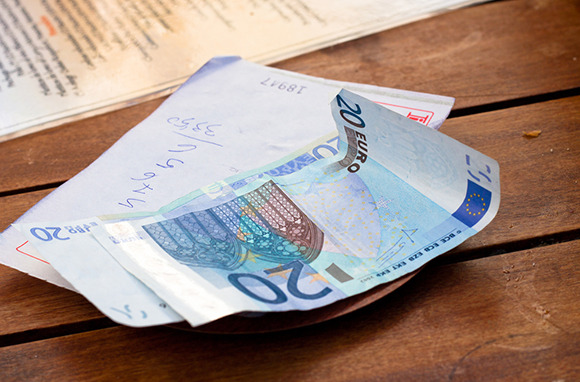
Overtip
I know that an 18 or 20 percent tip at dining establishments in Europe isn't standard the way it is in the States. Still, I feel mean leaving just a euro or two on the table when eating across the pond. Tipping is firmly ingrained in the American culture, and it can be challenging to remember to tip sparingly in other countries.
European waiters are typically pretty relaxed about tips. And if you're in a busy tourist center, the wait staff is likely used to receiving varying amounts of gratuities from foreigners. So in this case, you're not so much embarrassing yourself as you are inflicting unneeded damages on your vacation budget. You might feel a bit foolish when you peek at your credit card statement after you've returned home.
Solution: Remember tips (and taxes) are included in Europe, and tips are sometimes parsed out on the bill as designated service charges. A good guidebook will include standard tipping practices for your destination. If you're in a pinch, just ask.
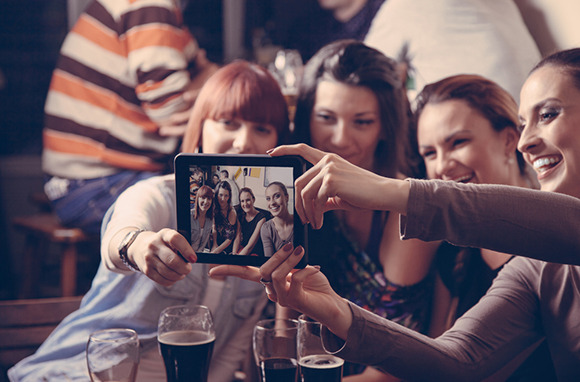
Be Really Loud
Let's admit it. The loud-American stereotype just might have some truth to it. Lots of people around the world seem to think so. Last summer, in fact, a cafe in Ireland displayed a sign prohibiting "Bus/Coach Loud Americans." (In opposition, some pro-American locals took to the street carrying U.S. flags. Fist bumps to those guys.)
Solution: Try to be a little more conscious of the volume of your voice, especially in tight spaces like public transit or crowded cafes. The upside? At night, in the pub or on the dance floor, you can really let loose.
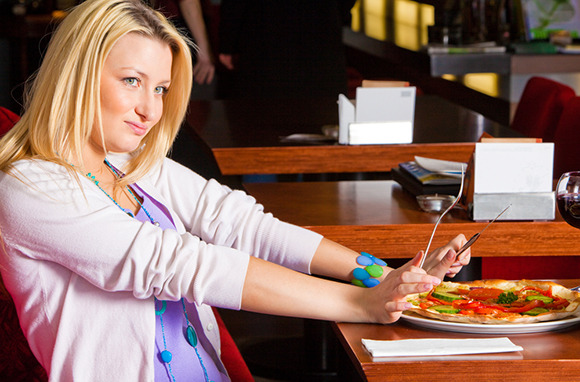
Complain About Dining Dissimilarities
If you expect a sanitized American dining experience that includes decaf coffee and plenty of ice in your soda, you'll look silly on the Continent. Many dining practices that are customary in the U.S., from sneeze guards at the buffet to Splenda on the table to bucket-sized portions, are absent in Europe. Taxes are usually included in the price of a meal. And you might experience cultural differences regarding wait-staff behavior, too. For example, wait staff won't bring you the check right after you've finished eating, unless you ask for it. Europeans tend to linger when they eat out.
Solution: Familiarize yourself with local food customs. Just go with it. And focus on the positive: No matter where you are in Europe, you're likely not too far from some smoky paella, Liege waffles, or deep-fried zeppole; that's a very good thing.
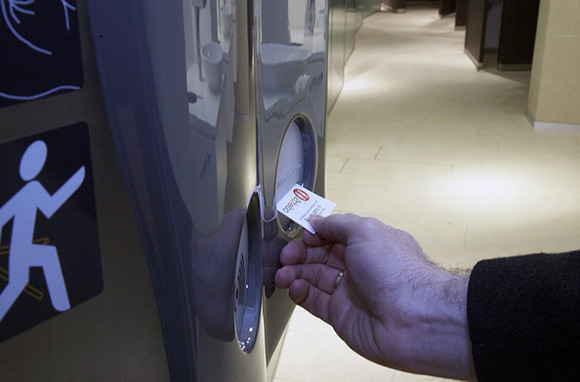
Freak Out About Paid Toilets
It may seem like a violation of basic human rights when a bathroom porter calls for payment as you're struggling not to pee your pants. I've been there. And I've been nearly traumatized by the crabby lady standing between me and the loo. But paid toilets—and sometimes even for-fee toilet paper—in busy tourist centers are a common European custom that isn't going away anytime soon. Look at it this way: Someone has to pay to keep the toilets clean and working.
Solution: Keep your cool, and keep some coins on hand for emergency bathroom situations.

